Photo courtesy of Patrick Brickman
One of the greatest perks of Southern living is the beautiful year-round climate. Our gorgeous summers and temperate winters are a dream come true for pool owners and offer unmatched swimming potential. Given that our peak pool season begins much earlier than the rest of the nation, Lowcountry clients should understand the importance of proper pool maintenance. In this handy guide, our team will simplify spring pool maintenance so you can enjoy your time in the sun.
Create a Pristine Poolside Paradise
Before you’re ready to dive into direct pool maintenance, first things first. Begin by tidying up the pool’s surrounding area. Due to fluctuations in weather and the increase in pollen and debris, spring pool maintenance may require additional attention to be paid to the decking, patio and furniture around your pool. While these pieces may not DIRECTLY affect your pool’s performance, creating a pristine poolside will elevate your pool environment while reducing the possibility of debris in your waters.
Check the Pool Equipment
Proper pool maintenance requires more than keeping the water clean and clear. It’s equally important to ensure that pool equipment is functioning properly. Establishing a routine of regular evaluations can be vital in extending the longevity of your pool’s life. Basic pool inspections should include the following:
- Pump and Filter: Check the pump and filter at least once a week during the swimming season. Make sure the pump is operating correctly, and clean or backwash the filter as needed to keep the water clear.
- Heater: Check the heater at least once a month to ensure it is working. Schedule a service call with a professional if you notice any issues, such as a lack of heat or unusual noises.
- Skimmer and Pump Strainer Baskets: Check the skimmer and pump baskets at least once a week and clean them out as needed to prevent debris from clogging the system.
- Automatic Pool Cleaner: If you have an automatic pool cleaner, check it regularly to ensure it is operational and clean as needed.
- Chemical Feeder: If you use a chemical feeder to add chlorine or other chemicals to your pool, check it regularly to ensure it functions, refilling it as needed.
Whether you are a seasoned pool owner or just starting, investing in quality equipment will save you time and money in the long run. With the right tools at your fingertips, you can enjoy the crystal-clear waters of your pool all season long.
Test and Balance the Pool’s Water Chemistry
Did you know that rainfall can alter pH levels? Maintaining your pool’s water chemistry is crucial for the safety of your swimmers and your equipment’s longevity. Pool owners should regularly test the levels of chlorine, pH, and total alkalinity and adjust as needed. Failure to maintain proper levels can affect bather comfort, as well as the pool finish and equipment. Some examples would be eye and skin irritation, and even the growth of bacteria and algae in the pool.
“Shock or Super Chlorination” – Rid Your Pool of Bacteria
Looking to create crystal waters in your oasis? A “shock” can accomplish just that. Not only does this treatment kill harmful bacteria and other contaminants, but it also helps maintain the sparkle and clarity of your waters. However, simply adding chlorine to your pool water isn’t always enough. By carefully following the product label instructions to ensure maximum effectiveness, you can enjoy a crystal-clear pool all season long.
NOTE: While “shock” chemicals are typically chlorine-based, non-chlorine solutions are also available. This process can and should also be conducted for saltwater pools.
Clean Your Pool Regularly
Environmental factors (nearby trees, sand, etc.) and human factors (sunscreen, hair products, etc.) all play a role in your pool’s unique maintenance needs. While there is no standardized schedule established for pool cleanings, as a rule of thumb, we recommend carrying out the following tasks on a weekly basis:
- Skimming the pool’s surface for bugs, debris and/or algae
- Performing a shock treatment
- Vacuuming the pool
- Cleaning pool tiles and water lines
- Testing pH levels
Another recommendation for pool owners is to perform visual evaluations, such as keeping an eye out for cloudy looking water. If all of the above-listed tasks have been completed and the water still appears cloudy, consider cleaning the filter of oil buildup (with a degreaser) or use a metal remover, followed by vacuuming after a two to three-day period. Your local pool professional is a great resource if you find yourself in a situation where you cannot resolve your water’s issues on your own.
A Lowcountry Legacy Backed By Excellence
With the right equipment, knowledge and assistance, you can create a unique and refreshing experience. As the Lowcountry’s premier custom pool builder, Aqua Blue Pools specializes in realizing every detail of your residential or commercial projects. Contact our team today to bring your dream pool to life!


